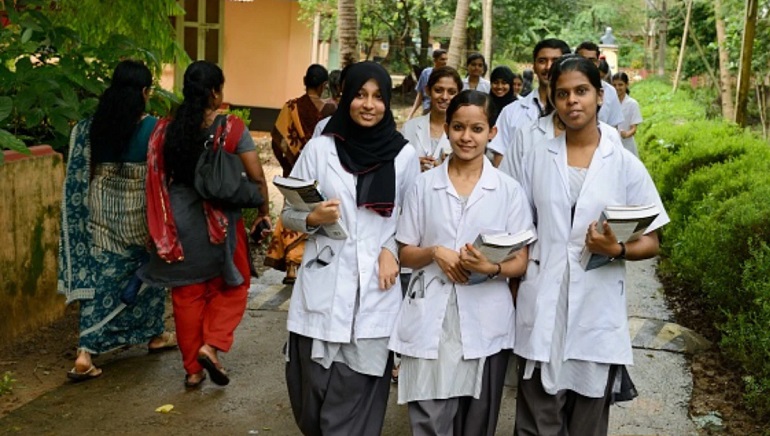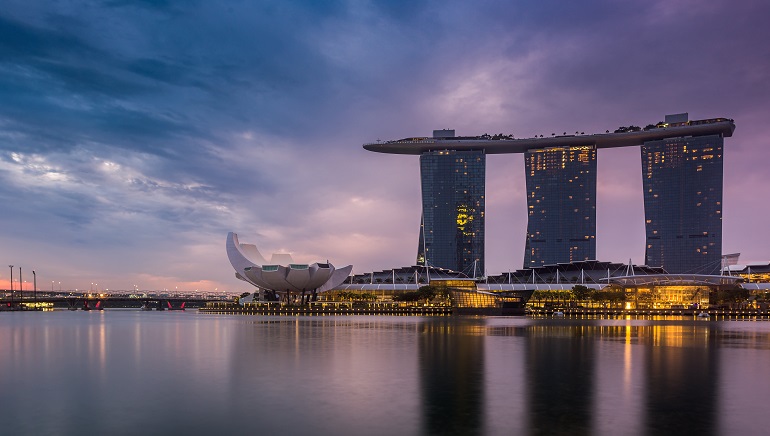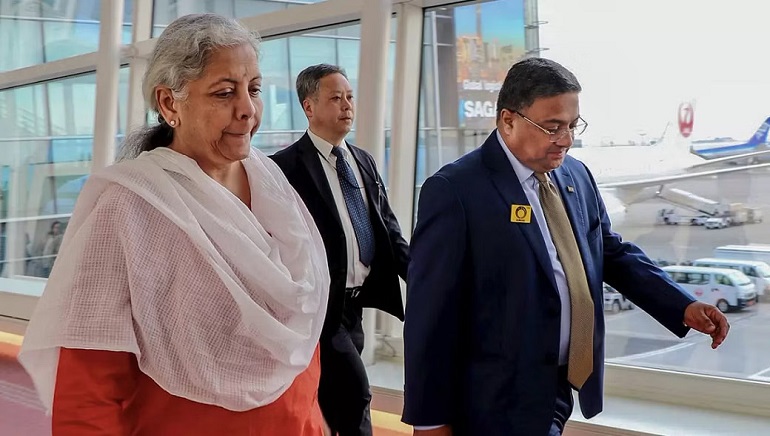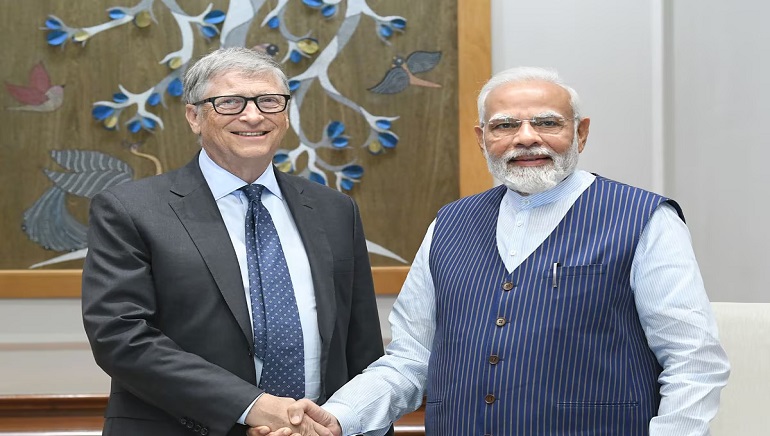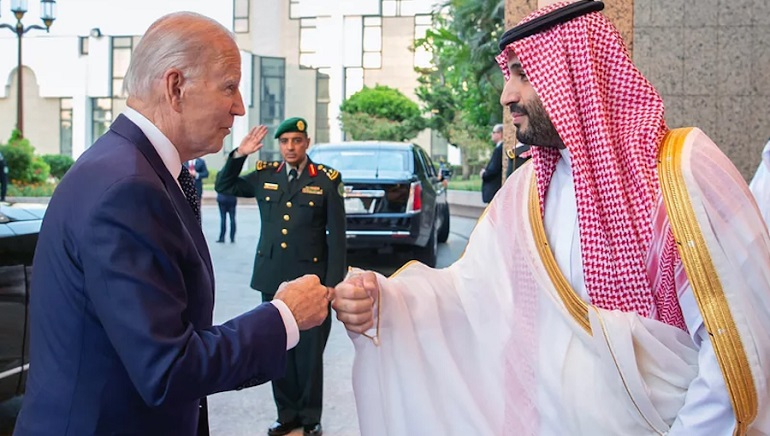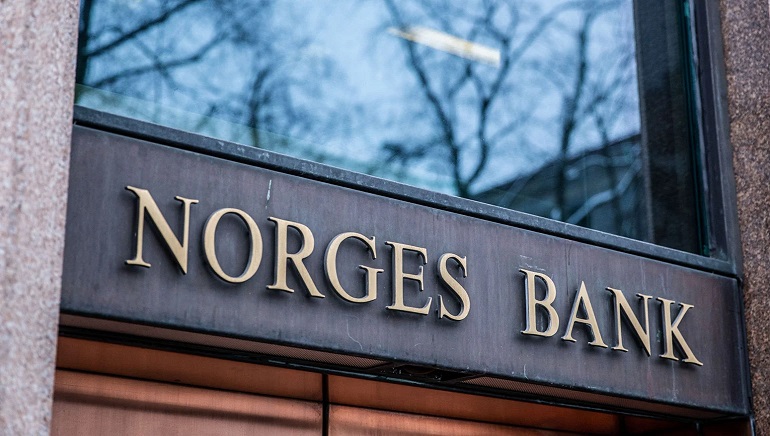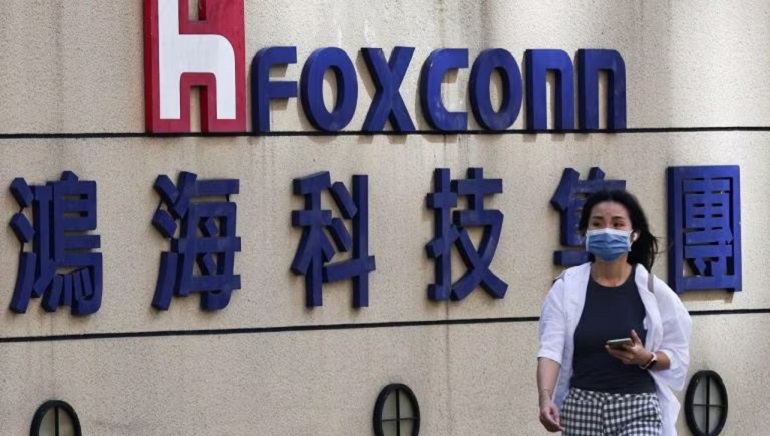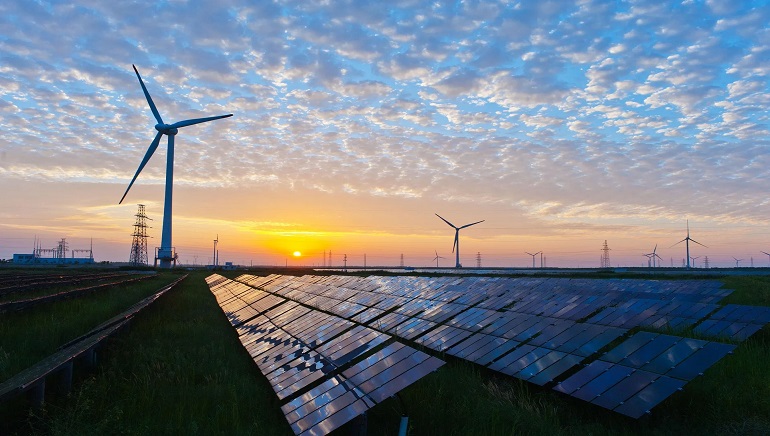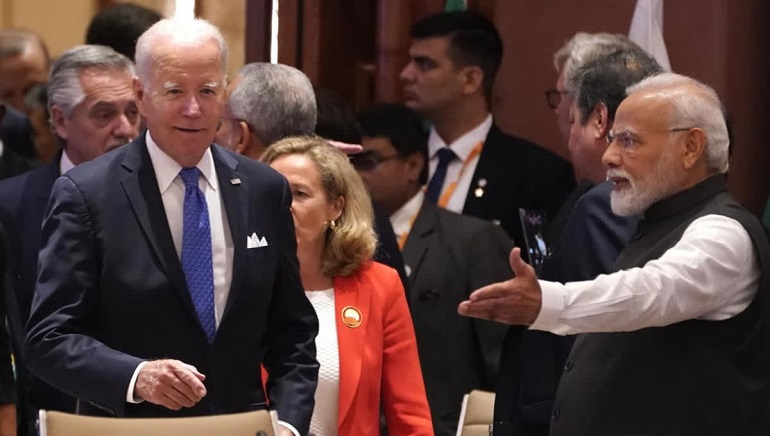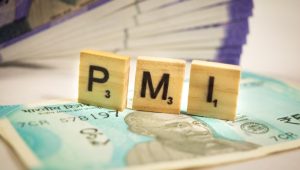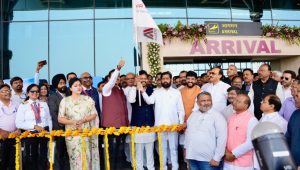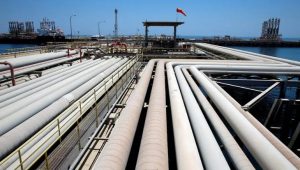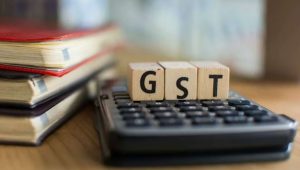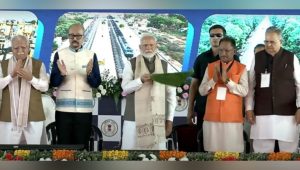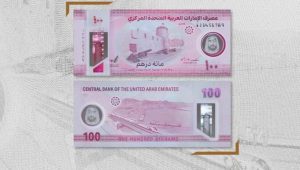Indian medical graduates will now be able to practice medicine in foreign countries, as the National Medical Commission (NMC) has received the World Federation for Medical Education (WFME) recognition status for a period of 10 years.
According to a Union Health Ministry press release on September 20, the recognition will enable medical graduates with degrees from Indian institutions to pursue post-graduation or practice medicine in countries such as the United States, Canada, Australia and New Zealand, where WFME recognition is required.
All 706 existing medical colleges in India have received WFME accreditation. Any new medical colleges established in the next 10 years will also automatically gain this status.
The WFME is a global organisation dedicated to improving the quality of medical education worldwide. Its recognition will enable the commission to enhance the quality and standards of medical education in the country by aligning it with global best practices and benchmarks. It will also augment the international recognition and reputation of Indian medical institutions and professionals, foster academic collaborations and exchanges, and promote ongoing improvements and innovation in medical education.
WFME recognition process entails a fee of Rs 4,98,5142 ($60,000) per medical college, which covers expenses related to site visits, travel, and accommodation for assessment teams. This implies an approximate total cost of Rs 351.9 crore ($4,23,60,000) for all 706 medical colleges in India to seek WFME recognition.





